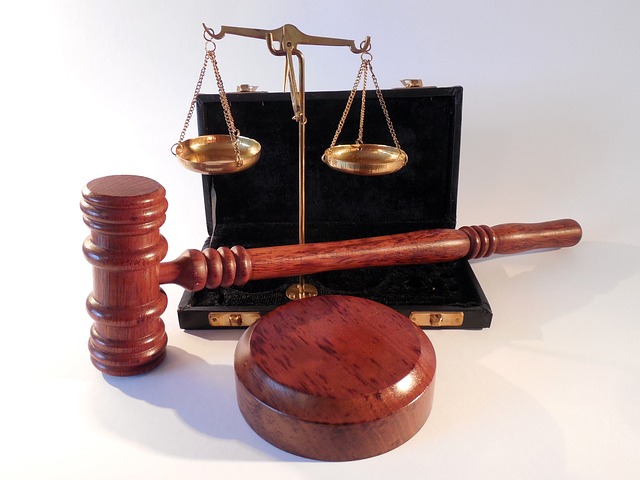
Introduction
The right to privacy is a fundamental right that has been recognized and protected by the Indian Supreme Court under various judgments. This right has been considered essential for the protection of an individual’s personal autonomy and dignity. In this article, we will discuss the evolution of the right to privacy in India and how it has been safeguarded by the Supreme Court.
What is Right to Privacy in India?
The Right to Privacy is the right of an individual to keep their personal information and private life free from intrusion from others, including the government. It includes right to control one’s information, make information about one’s body and personal relationships, marriage, reproduction and maintain confidentiality in communication and personal communication.
Evolution of Right to Privacy Indian Constitution
The Right to Privacy is the creation of the Supreme Court through its various judgments and was not originally there in the Constitution.
Right to Privacy Cases-
- The concept of the right to privacy was first discussed by the Supreme Court in the landmark case of Kharak Singh v. State of Uttar Pradesh in 1962. In this case, the court examined the constitutional validity of surveillance and privacy rights. The Court held that right to privacy is not explicitly mentioned in the Indian Constitution and the Court upheld the powere of Police for search and seizure. In minority opinion the court opined that this right is protected under Article 21 of the Constitution, which guarantees the right to life and personal liberty.
- In the following years, the Supreme Court further elaborated on the concept of the right to privacy and its scope in various cases.
- In Govind v. State of Madhya Pradesh (1975), the court held that privacy is not an absolute right and can be restricted by the state for legitimate reasons such as national security, public order, and morality.
- It was in the case of R. Rajagopal v. State of Tamil Nadu (1994) that the Supreme Court recognized privacy as an independent and fundamental right. The court held that an individual’s right to privacy includes the right to be left alone and to lead a life of one’s own without interference from others. This judgment laid down the foundation for the protection of privacy as a fundamental right in India.
- The Supreme Court has also recognized the right to privacy in cases related to surveillance. In the case of People’s Union for Civil Liberties v. Union of India (1996), the court held that telephone tapping violates an individual’s right to privacy and can only be done for legitimate reasons.
- The Indian judiciary has also recognized the right to privacy in cases related to reproductive rights. In Suchita Srivastava v. Chandigarh Administration (2009), the Supreme Court held that an individual’s right to privacy includes the right to make reproductive choices without interference from the state.
- In 2017, the Supreme Court made a historic decision in the case of Justice K.S. Puttaswamy (Retd.) v. Union of India, where a nine-judge bench unanimously declared that the right to privacy is a fundamental right under Article 21 of the Constitution. The court also stated that privacy is an intrinsic part of the right to life and personal liberty and is protected under Article 14, 19, and 21 of the Constitution.
The court further elaborated on the different facets of the right to privacy and its scope in the digital age. It recognized that privacy includes not only the physical aspect but also the mental, emotional, and informational aspects. The court also held that the right to privacy is not an absolute right and can be restricted by the state for legitimate reasons.
The court recognized the right to privacy as a fundamental right in the context of data protection and declared that data protection is a part of an individual’s right to privacy.
- In Navtej Singh Johar v. Union of India (2018), the court decriminalized consensual homosexual acts and recognized an individual’s right to privacy in matters of sexual orientation.
These were the important right to privacy judgments.
Conclusion
In conclusion the Indian Supreme Court has played a crucial role in recognizing and protecting the right to privacy as a fundamental right. Its judgments have expanded the scope of this right and have ensured that individuals’ privacy is not violated by the state or any other entity. With the increasing use of technology and digitalization, it is crucial to safeguard an individual’s right to privacy, and the judiciary has taken significant steps in this direction and ensure the implementation of Data Protection Bill.









